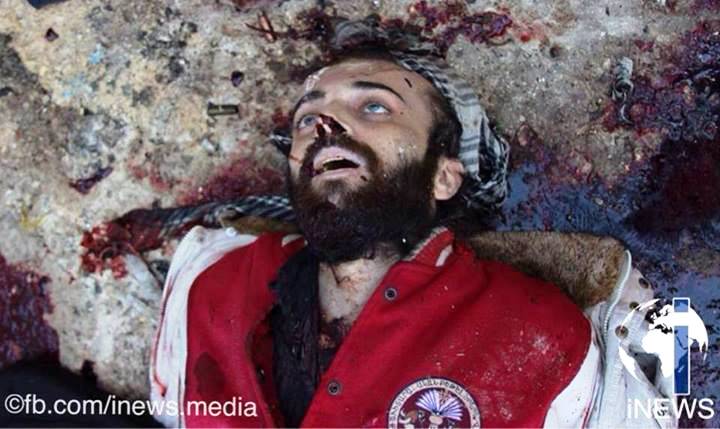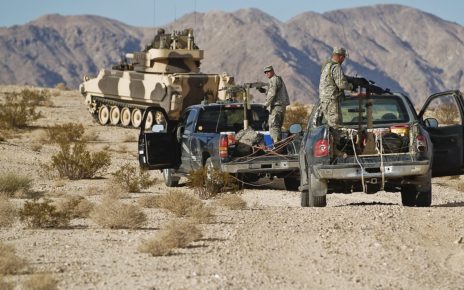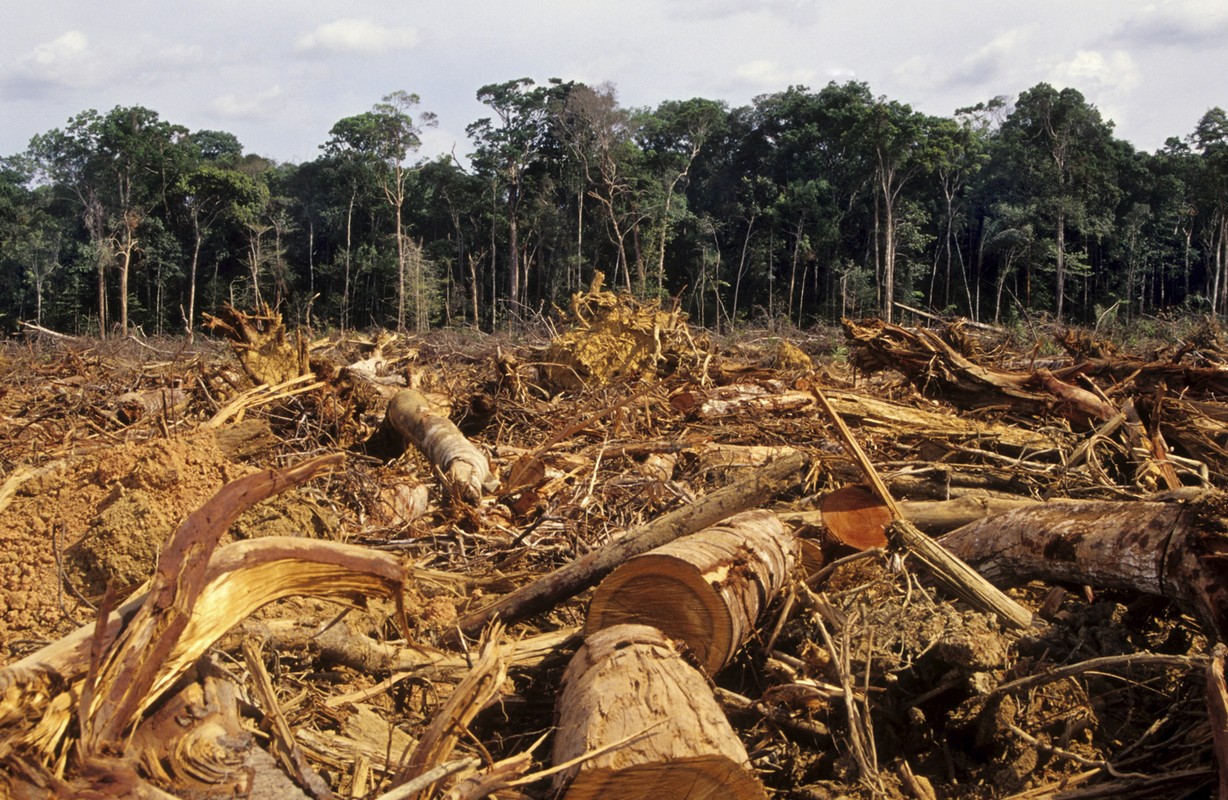Many Canadians were optimistically supportive of the Arab Spring which began in January 2012 with a wave of democratic protests that spread from Tunisia to Egypt and all across the Middle East. In Syria, however, the fight for democratization has turned into something entirely different from its revolutionary origin into a sectarian conflict, international in its scope. The war in Syria has inspired 11,000 foreign fighters from more than 70 nations to travel to Syria to join the anti-regime forces; with around 100 volunteers from Canada. Bashar Al Assad is an Alawite Muslim, which is a sub-sect of the Shiite branch of Islam, whose hereditary dictatorship has promoted religious tolerance to some degree. Sunni rebels have declared their intention to create a democracy, yet their methods of fighting this war suggest the character of this democracy may be less accepting of ethnic and religious minorities than the regime they are opposing. The Free Syrian Army is supported by various international terrorist organizations such as The Islamic State of Iraq and the Levant (ISIL); and it is the goals of these extremist groups which have attracted Sunni Muslims from around the world to support their cause of turning Syria into an Islamic state.
The substantial Armenian minority in Syria, which is 97% Orthodox Christian, has been left in a precarious position, presumed by the rebels to be supporters of the regime. The international community seems unsure if Armenians are being intentionally targeted, but the pattern of violence and terror tactics used against Christian communities is revealing in and of itself. The Syriac Orthodox Church of St Mary and the Syriac Orthodox Church Orphanage in Homs were destroyed by shelling. In October 2012 a car bomb exploded and killed 10 people in the Christian quarter of Damascus and a Syriac Orthodox School was destroyed by a self-made rocket. The Free Syrian Army itself was responsible for vandalizing an Armenian Church in Aleppo. It is no wonder Armenians have left Syria in large numbers; prior to the war, the Armenian government estimated that there were 80 000 Armenians in Syria, since the war, 33 000 have left. This past week, the violence against Armenians seems to have escalated with ISIL having reportedly forced two Armenian families to convert to Islam. A video was posted on youtube which shows the conversion where an Armenian man stands beside a Muslim Cleric who proclaims “You see, we have no honor without Islam…There is no god but Allah and Muhammad is his prophet!” He also declares after the conversion that because this man is head of his family, his entire family has now been converted. There are critics who suggest that these Armenians have chosen to convert out of their own desire, this suggestion troubles many people such as Raymond Ibrahim, OP-ED contributor to the Christian Post who says “it’s curious, to say the least, that Christians who for generations lived amid moderate Muslim majorities in Syria but opted to remain Christian, are now suddenly attracted to Islam.”
Also this week, an Armenian man (featured photo) by the name of Minas was killed in an ISIL prison where he was held for 115 days with his father on the charge of not accepting Islam and converting. In the same report by iNews, it was revealed that an un-named Armenian man had his head chopped off and placed in a box, in an unrelated incident. Critics say the photograph is not Minas but it is undeniable that he is a slain Armenian as he is wearing the jacket of the Armenian Evangelical Church of Allepo. Another source disputes what happened to Minas, asserting that he was not targeted by the rebels but was killed as the consequence of a kidnapping where his relatives failed to pay the requested ransom. Both scenarios are plausible; Amnesty International has reported that ISIL has been arresting people in Syria for crimes against Islam including offenses ranging from being a member of the pro-regime opposition to smoking cigarettes. Kidnappings of wealthy Christians have become all too common. Over 100 Armenians have been kidnapped since the start of the war. Kidnapping Armenians may or may not be a tactic of war, but its permissibility and frequent occurrence demonstrates a lack of concern for the Armenians who remain in Syria. What happened to Minas, in either circumstance, matters because it signals a lack of respect for minorities, if not systematic discrimination.
The confusion surrounding so many reports coming out of Syria right now makes it hard for Canadians to adopt a position on this conflict, and that may well be the intention of some newsmakers. There has been a sense that we, in Canada, need to support those democratic rebels who are fighting dictatorship, but in light of the wave of reports, it is increasingly clear that the anti-government forces are intolerant of religious minorities and are practicing barbaric tactics against their enemies. Hopefully the Geneva II peace conference between the Syrian regime and the rebels will reduce hostilities and address the vulnerable situation of Armenians and other minorities which remain in Syria.






